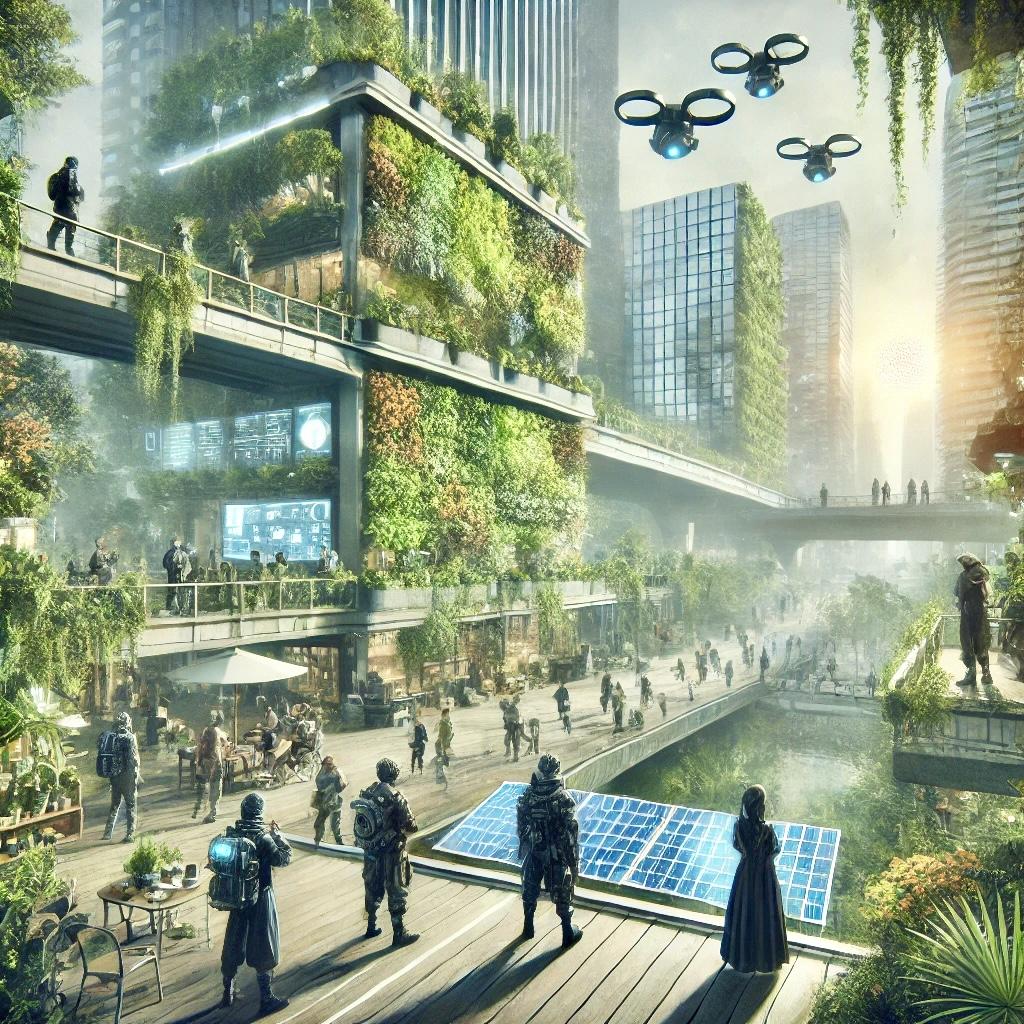
In 2027, when most city streets have more delivery drones than songbirds, ReLeaf has been quietly working on something different. Not bigger. Not faster. Just different. They call it Organic Fiction—a mix of storytelling and planting that’s already taken root in 43 unexpected corners of Austin.
It works like this: each vertical garden or planter isn’t just a collection of plants. It’s also a story. Not a plaque with a paragraph, but a small world you can walk into. Some are just a few sentences, others spiral into whole invented neighborhoods. Every pot of basil, every stretch of sweet potato vine has a past, an imagined future, and a place in a narrative that anyone can step into.
The idea sounds almost too simple—stories as a way to connect people to the plants growing near them. But the numbers are stubborn. In neighborhoods where a ReLeaf planter appears, 67% more people stop and look, and 41% end up scanning the tag that takes them into its fictional “room.” Some read the whole thing. Others just catch a sentence or two before moving on. Either way, the plants keep growing.
There’s no stage, no script, but sometimes you’ll find someone acting out a scene from one of the planter’s tales, or adding a note of their own. This is the part ReLeaf doesn’t advertise—how easily a story invites you to take part in it. The borders between fact and fiction soften, and before long, you’re just in it.
Maybe it’s the smallness of it that works. In a year when cities have been flooded with promises of grand green revolutions—net-zero towers, AI-managed forests—ReLeaf has been content to plant one climbing vine at a time, each with its own page in a sprawling, invisible novel. It’s not loud, but it’s spreading.
If you happen to find one, look for the little metal tag. Touch it. Read whatever comes up. Maybe you’ll keep walking. Or maybe you’ll start looking at the rest of the street like it might be hiding the next chapter.
Link to this Organic Media: